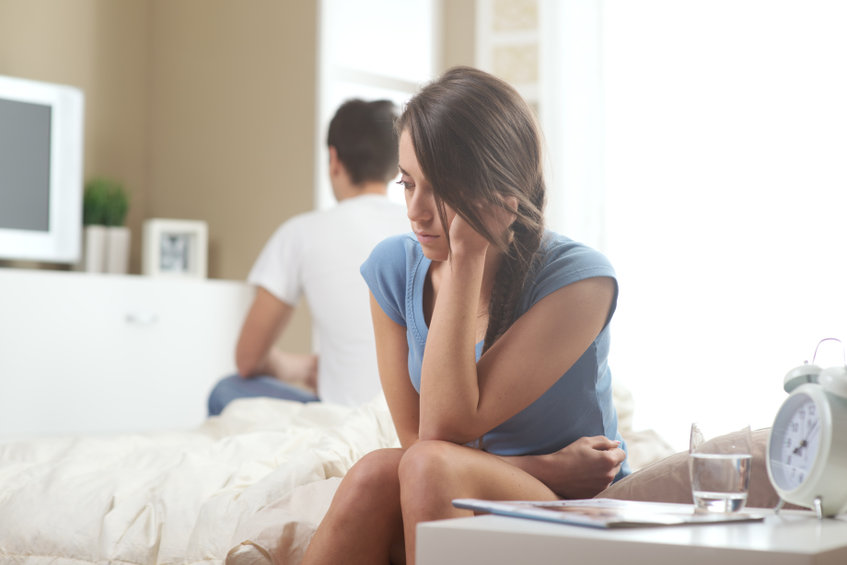If you’re feeling anxious at the thought of your partner going back to the office, here’s what you need to know.
What Is Separation Anxiety?
Separation anxiety has often been associated with your childhood – a mental health condition that has been created due to the fear of abandonment.

Separation anxiety is often triggered by a major change in life – like a pandemic. And as people start getting back to work, it’s bound to have an impact.
Common symptoms include:
- Feeling anxious when your partner is not around
- Fears your loved one will be injured
- Refusal to leave their side when they’re around
- Difficulty sleeping
- Physical aches and pains
- Headache
- Diarrhea
What Can You Do?
If you’re reading this, you may have already undertaken the first step – recognizing there is a problem. This is a great first step and you’re on your way to recovery.
Next, get a diagnosis. To do this a mental health professional will speak with you, and determine if you meet criteria as outlined in the Diagnostic and Statistical Manual of Mental Disorders, fifth edition (DSM-V). To get diagnosed, symptoms must be present for six months, your social functioning and responsibilities must be impacted, and there is no other explanation for your symptoms.
Consider treatment options. There are a few different options for treatment, including cognitive behavioral therapy, couples therapy, family therapy, group therapy and dialectical behavioral therapy.
Things you can do yourself. Other options for treatment are more about your own habits, such as limiting your exposure to social media or television news and adopting healthy habits you enjoy doing, and keep yourself active and productive. Try to remind yourself that the separation is only temporary – they’ll be back at the end of the day. Tell your partner how you’re feeling and just allow yourself to feel it – it’s normal, and it’s okay. Spend your time away from your partner doing fun things and keep active.
Finally, if you think you may be suffering from separation anxiety and it’s impacting your daily life, it’s imperative that you make an appointment to talk to a professional about it. While separation anxiety may go away on its own over time, it’s best that you seek advice or assistance if you are not feeling your regular, happy self. Left untreated and separation anxiety can lead to depression so you want to nip it in the bud as soon as it becomes a problem.
